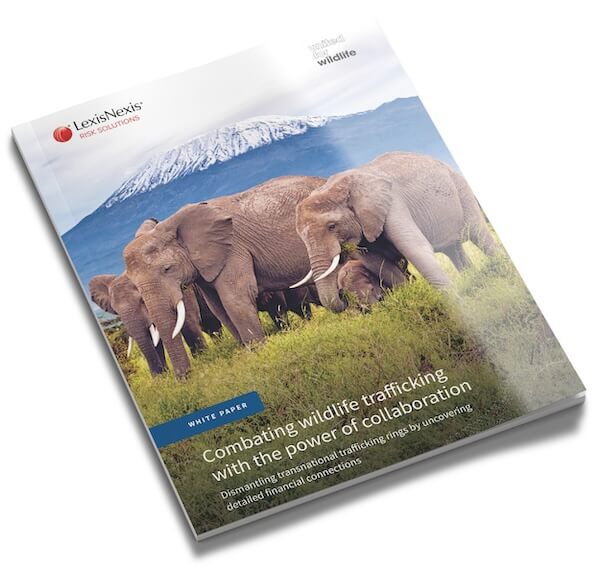Evidence from preclinical research suggests that dysfunction in thyroid hormones may increase ?-amyloid levels and tau phosphorylation, 2 hallmark features of Alzheimer's Disease(AD). This study showed a strong association between hypothyroidism and AD mortality.
Learn how to help prevent wildlife trafficking by utilising partnerships and data in this joint LexisNexis Risk Solutions and United for Wildlife report.
RELX Environmental Challenge 2025: four shortlisted projects to bring safe water and sanitation to communities around the world
The RELX Environmental Challenge 2025 shortlist features four innovative projects that provide sustainable access to safe water and improved sanitation. The RELX Environmental Challenge prioritises replicable, scalable, sustainable and innovative solutions. They must also have practical applicability and involve local communities and other key stakeholders.


